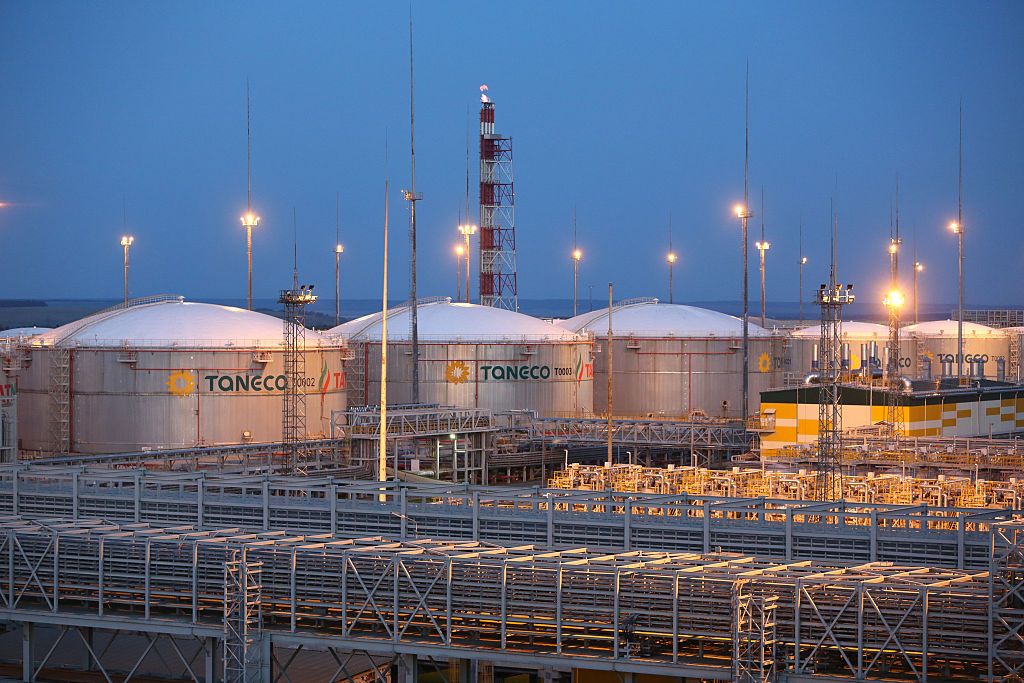ISW: Tatarstan attack marks turning point in Ukraine's long-range strike capacity

Ukraine's drone attack on industrial facilities in Russia's Republic of Tatarstan marks a substantial turning point in Kyiv's ability to conduct long-range strikes deep within Russian territory, the Institute for the Study of War (ISW) said in its April 2 report.
Ukrainian forces struck drone factories in Tatarstan's Yelabuga and Nizhnekamsk, Ukraine's military intelligence agency (HUR) reported on April 2. Yelabuga lies 1,200 kilometers away from the Russia-Ukraine border.
In recent weeks, the Ukrainian military has used long-range drones to successfully attack a string of Russian oil refineries. The April 2 strike is Ukraine's first such attack in Tatarstan.
"(T)he distance of the targets from Ukraine's borders represents a significant inflection in Ukraine's demonstrated capability to conduct long-range strikes far into the Russian rear," the ISW said.
Digital Transformation Minister Mykhailo Fedorov said on April 1 that Ukraine has produced attack drones capable of flying over 1,000 kilometers. Kyiv has intensified its efforts to ramp up domestic production of drones, aiming to manufacture 1 million drones in 2024.
Not all of Kyiv's allies have celebrated Ukraine's offensive against the Russian oil industry. U.S. Secretary of State Antony Blinken said on April 2 that Washington has "neither supported nor enabled strikes by Ukraine outside of its territory."
The Financial Times reported in March that the U.S. warned Ukraine to stop attacking Russian oil refineries, allegedly out of concern that strikes could raise global oil prices.
President Volodymyr Zelensky has said that targeting Russian oil and weapons facilities is a legitimate military strategy, and that Ukraine has a right to use its own weapons for self-defense.
The ISW supported Zelensky's line of argument.
"ISW continues to assess that such Ukrainian strikes are a necessary component of Ukraine's campaign to use asymmetric means to degrade industries that supply and support the Russian military," analysts said.














